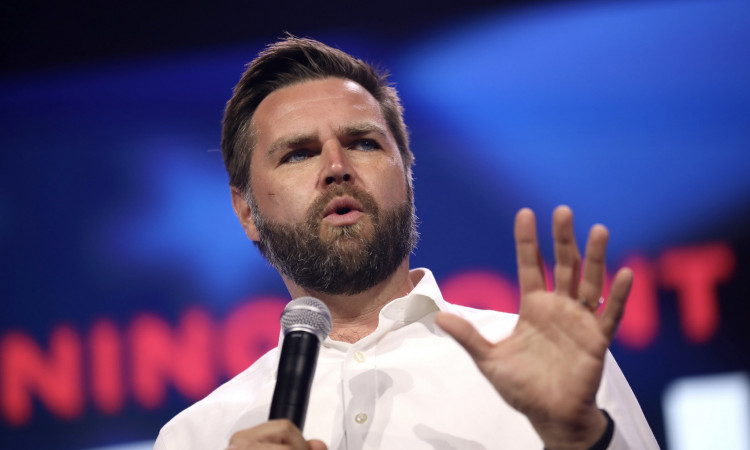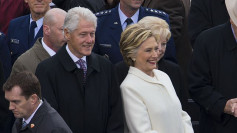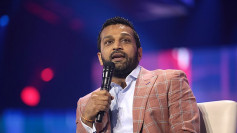Vice President JD Vance on Tuesday vowed that the U.S. will safeguard artificial intelligence and semiconductor technologies from foreign adversaries while urging Europe to embrace a more deregulatory approach to AI development. Speaking at the AI Action Summit in Paris, Vance said the Trump administration would ensure AI remains "free from ideological bias" and prevent it from being used as a tool for censorship.
"We will safeguard American AI and chip technologies from theft and misuse, work with our allies and partners to strengthen and extend these protections and close pathways to adversaries attaining AI capabilities that threaten all of our people," Vance said. He warned that authoritarian regimes have exploited AI for military surveillance, propaganda, and foreign data collection. "I want to be clear, this administration will block such efforts, full stop."
Vance's comments come as China's AI firm DeepSeek has emerged as a low-cost competitor to OpenAI's advanced models. While he did not mention DeepSeek by name, Vance criticized "cheap, heavily subsidized technologies" that he argued allow adversarial governments to infiltrate global AI infrastructure. "It never pays off to work with firms operating under such authoritarian regimes," he said.
The AI Action Summit, attended by global leaders including French President Emmanuel Macron, Indian Prime Minister Narendra Modi, and Chinese Vice Premier Zhang Guoqing, focused on balancing innovation with regulation in the rapidly evolving AI sector. The event comes just weeks after President Donald Trump announced a $500 billion AI infrastructure project, Stargate, aimed at securing U.S. leadership in AI development.
Vance took direct aim at the European Union's regulatory approach, arguing that excessive government oversight could stifle innovation. "We believe that excessive regulation of the AI sector could kill a transformative industry just as it's taking off," he said, adding that he hoped "to see that deregulatory flavor making its way into a lot of the conversations at this conference."
The EU recently approved the world's first comprehensive AI law, imposing strict guidelines on AI development and enforcement mechanisms that could result in significant fines for noncompliance. European Commission President Ursula von der Leyen defended the bloc's approach, announcing that the EU would mobilize €200 billion ($206.5 billion) for AI investments. She said that the race for AI leadership has not yet been won by the U.S. or China.
Vance criticized Europe's Digital Services Act (DSA) and General Data Protection Regulation (GDPR), arguing they create compliance burdens that disproportionately impact smaller firms. He also suggested that European restrictions on platforms such as Elon Musk's X could have broader implications for transatlantic relations. "Many of our most productive tech companies are forced to deal with the EU's Digital Services Act and the mass of regulations it created about taking down content and policing so-called misinformation," he said.
The U.S. and the U.K. notably declined to sign the summit's joint declaration, titled "Statement on Inclusive and Sustainable Artificial Intelligence." The communiqué emphasized "ensuring AI is open, inclusive, transparent, ethical, safe, secure and trustworthy." While the reasons for the U.S. and U.K.'s non-participation were not immediately clear, the decision underscores the Trump administration's emphasis on market-driven AI policies over government oversight.
Vance also emphasized that the administration's AI strategy prioritizes the American workforce. "We believe-and we will fight for policies that ensure-that AI is going to make our workers productive, and we expect that they will reap the rewards, with higher wages, better benefits and safer and more prosperous communities," he said. "From law to medicine, manufacturing, the most immediate applications of AI almost all involve supplementing-not replacing-the work being done by Americans."





